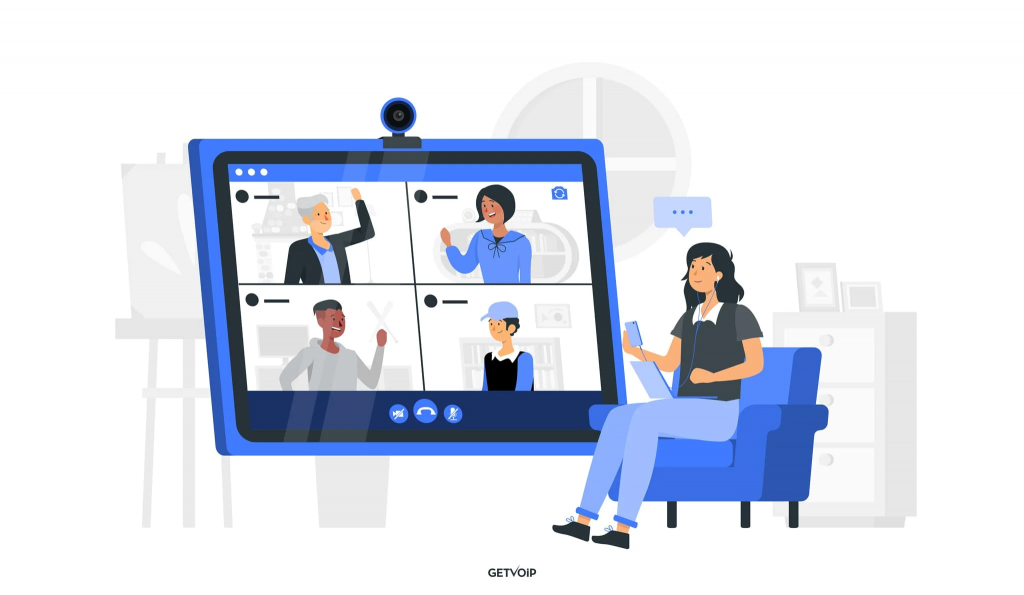When running a recurring successful event, you may discover that you want to scale up your event. This may be due to a need to increase revenue, public interest and much more. That’s good news for you but how do you scale your event? Don’t worry we have got you covered, in this blog we go over the steps you need to follow when scaling up your event.
Scaling an event is like scaling a business, it requires understanding your goals, strengths and allocating the right amount of resources to achieve your goals. As an event organiser, trying to scale up your event too quickly can lead to a major loss, for example, getting a bigger venue but not the right team or tools in place to market your event may lead to the same number of attendees/revenue but an increased cost.
Another example is you’ve sold more tickets, and more people are attending you but you keep the same check-in process, meaning slower check-in times for attendees translating to dissatisfied customers. So how do we scale up your event the right way?
Market Research

The first step to scaling up your event is by doing market research. As an event organiser, you would have done something similar when hosting your first event using our event template planner. Before engaging in scaling up your event, you need to know if scaling your event is feasible. Is it the right time or the right service?
What kind of proof do you have? It is advised you look into the growth potential of your event sector, trying to scale up during an economic downturn may not be the smartest move. Once you know this, we recommend looking at your previous event attendees’ satisfaction rating and conducting “interest surveys” with your attendees, partners and other stakeholders.
You can do this by creating a form asking users to rate their previous event experience and how often they would like you to host your event. To do this, having an existing email list would be a great start. Most software allows you to export existing attendees’ emails, these emails can be imported to services such as Mailchimp. Another tool is Quest Creator which allows you to seamlessly email previous attendees without exporting your data.
Your research should not just be limited to existing attendees, expand your reach. Ask people outside your circle and areas you would like to enter.
Choose The Right Software
The next step to scale up your event strategy is using the right tool. This usually involves choosing the right software vendor to manage your event, selling tickets, sponsors and marketing channels. We recommend using Quest Creator as it provides all the necessary tools to manage your event. You can find more information here and other alternatives can be seen in our top event management software.
What should you be looking for when choosing the right software?
Your event management software should allow you to create events, and tickets, update event details and share your event using an SEO-friendly design.
Your vendor should allow you to sell tickets, administer tickets to attendees, accept different forms of payments and cards, and administer tickets to buyers immediately.
Your sponsorship software should allow you to get insights about event attendees, manage sponsors and provide marketing channels to your sponsors. This channel may include advertising on the event page, tickets and much more.
Your vendor should allow you to promote your event via several marketing channels e.g Twitter, Facebook, Instagram, Mailchimp, Email, Push notifications and much more. An added advantage is a tool that allows you to schedule your market content well in advance and collaborate.
Partner with the Right Vendor

The next step in scaling up your event is choosing the right vendors. These vendors may range from venue vendors, entertainment, drinks/food and much more. These vendors are not just excluded from providing items to host your event, other service vendors can be included when you identify gaps in your event planning process. This may include gaps in art design, promotion and much more. This site provides a way to do a GAP analysis but a quick guide is to note down your goal, strengths and what is missing for you to achieve your goal or scale up your event.
We also recommend having some degree of a contract to ensure long-term availability and ensuring some degree of certainty when trying to scale up your event.
Standardise and Automation
Like every business, scaling an event involves standardising as much as possible and automating the process. To scale up your event, the less manual work you need to do in organising and executing your event, the more time you have to focus on growth. Highlight areas that are repeatable in your event planning process, note them down and highlight ways you can automate them.
An example of things you can automate is your marketing, you can schedule post well in advance freeing up time for you to focus on areas of your planning process. Other areas that can be automated are the check-in process, rewarding affiliates or promoters and much more.
Health And Safety
Often overlooked but equally important when trying to scale up your event is scaling up your event’s health and safety. Things you should be on the lookout for include emergency services for large events, proof of vaccinations, emergency exits, crowd control, insurance policies and much more.
Conclusion
Scaling up your event may seem scary, after all, event planning is an intensive process involving focusing on different areas. You may find out during the planning process that you are not ready to scale, and that’s okay but if you do find yourself in need to scale up your event… having the right scale-up strategy goes a long way.
Are you in the market for an event management software? Have a Look at Quest Creator, it allows you to sell tickets, manage events, social media, sponsors and much more.